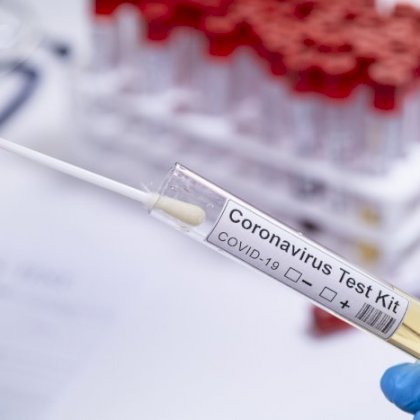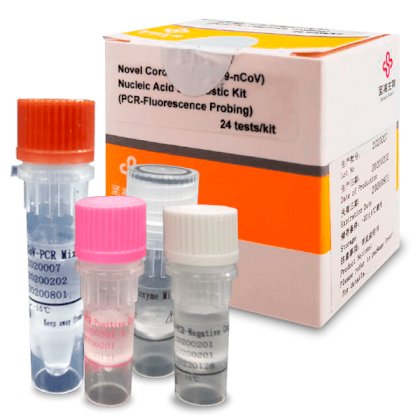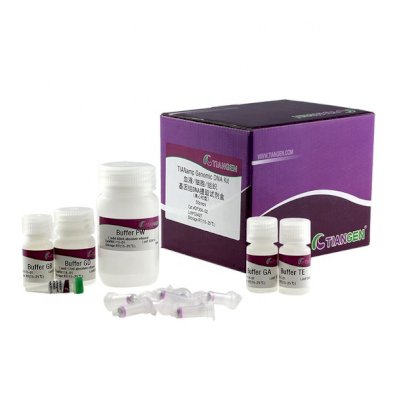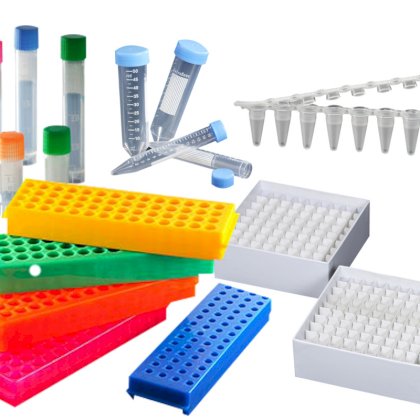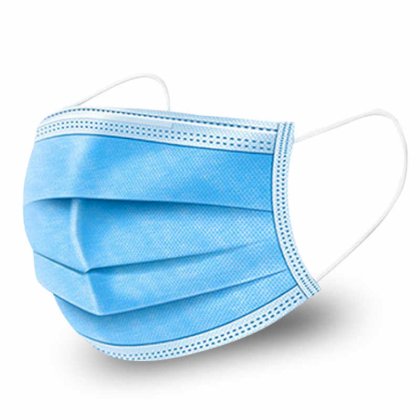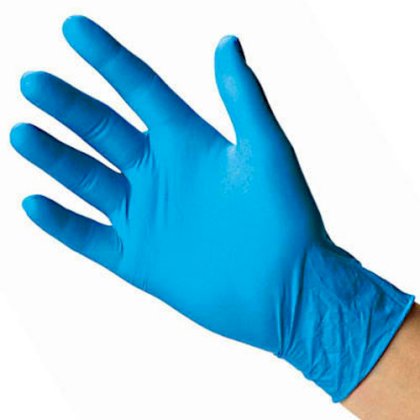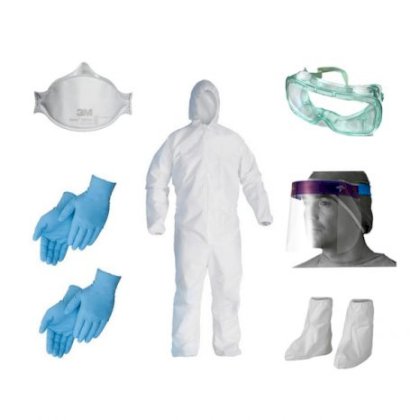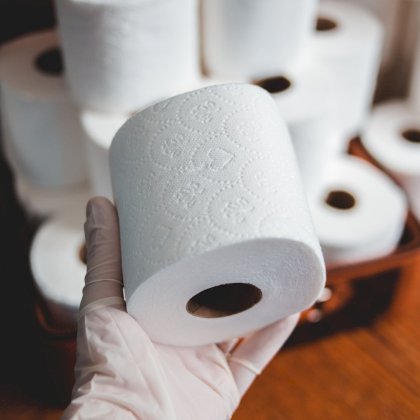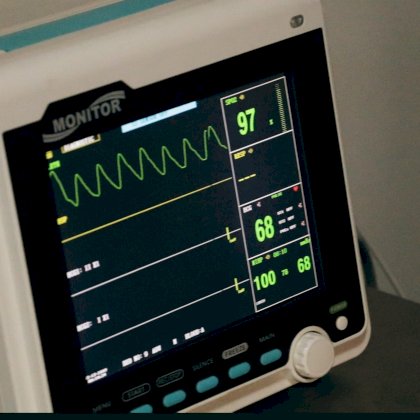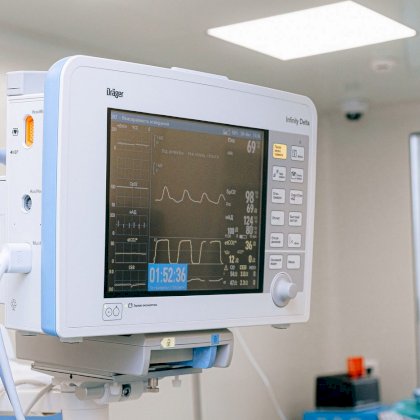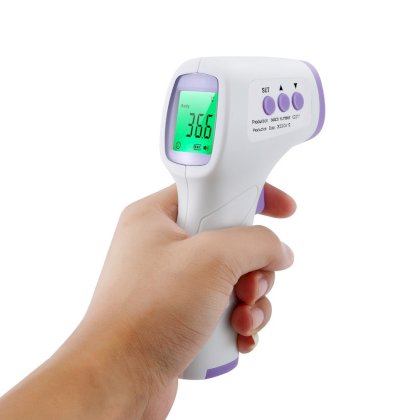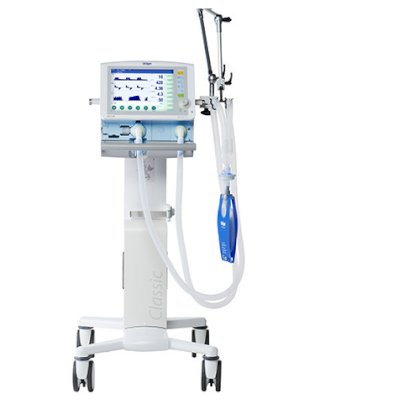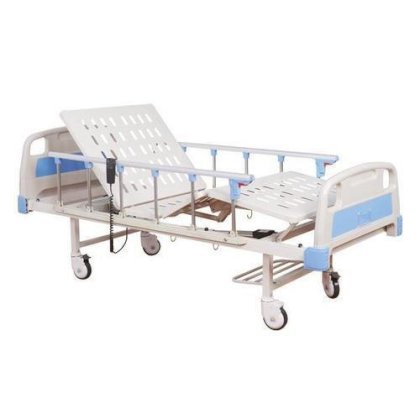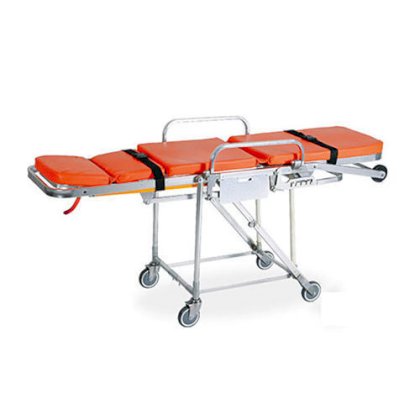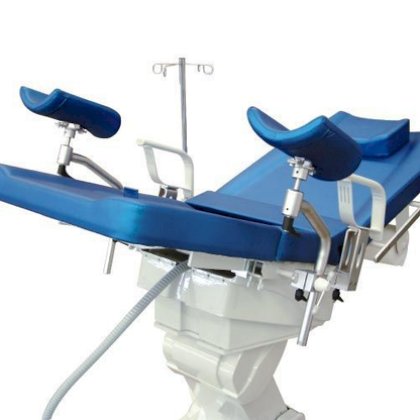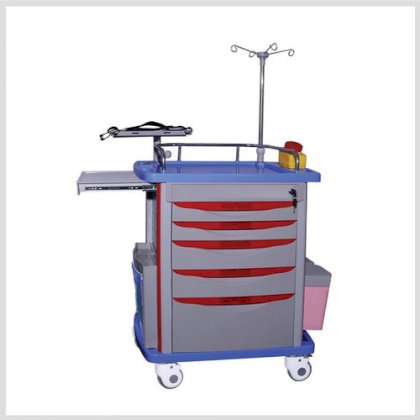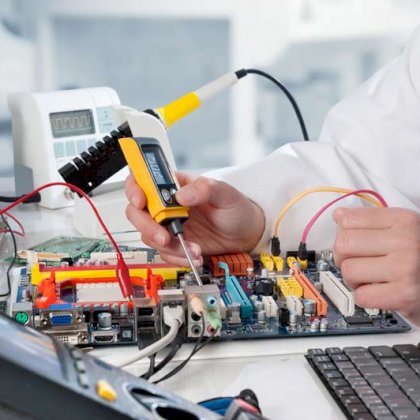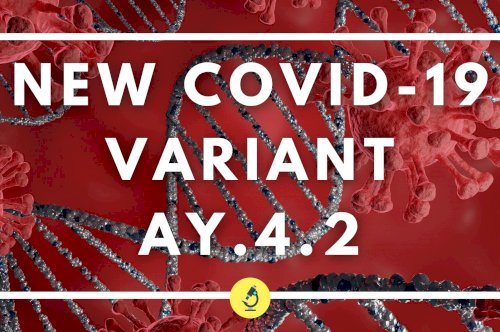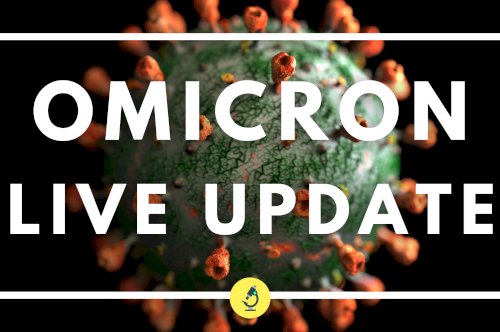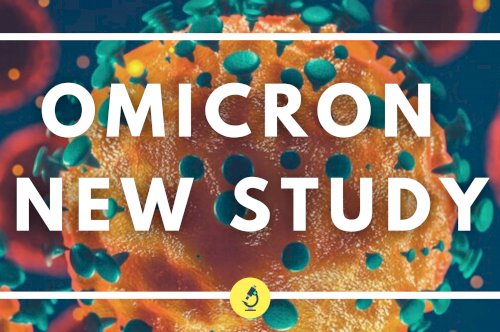The FELUDA test for COVID-19 : Approved and Explained
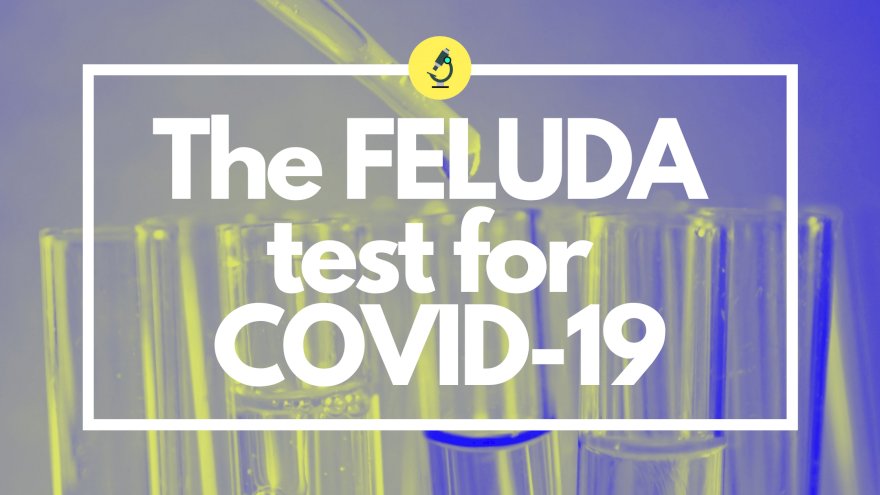
An accurate and low-cost paper-based test strip to detect Covid-19 in less than 30 minutes has been approved for commercial launch by the Drugs Controller General of India. Developed by a research team led by Debojyoti Chakraborty and Souvik Maiti of the Council of Scientific and Industrial Research (CSIR) and Tata Group, the test has been named ‘Feluda’ — a fictional private detective from West Bengal created by renowned writer and filmmaker Satyajit Ray. The development comes at a time when India has been conducting an average of 10 lakh tests daily.
What is the new Feluda Covid-19 test?
Feluda, the acronym for FNCAS9 Editor Linked Uniform Detection Assay, uses indigenously developed CRISPR gene-editing technology to identify and target the genetic material of SARS-CoV2, the virus that causes Covid-19. According to CSIR, the test matches accuracy levels of RT-PCR tests, considered the gold standard in the diagnosis of Covid-19, has a quicker turnaround time and requires less expensive equipment.
“The Tata CRISPR (Clustered Regularly Interspaced Short Palindromic Repeats) test, powered by CSIR-IGIB (Institute of Genomics and Integrative Biology) FELUDA, has met high quality benchmarks, with 96 per cent sensitivity and 98 per cent specificity for detecting novel coronavirus,” a CSIR statement said. Moreover, ‘Feluda’ is also the world’s first diagnostic test to deploy a specially adapted Cas9 protein to successfully detect the virus. Other CRISPR tests use CAS12 and CAS13 proteins to detect SARS-CoV2.
What is CRISPR technology?
CRISPR, short form for Clustered Regularly Interspaced Short Palindromic Repeats, is a gene editing technology and finds its use in correcting genetic defects and treating and preventing the spread of diseases. The CRISPR technology can detect specific sequences of DNA within a gene and uses an enzyme functioning as molecular scissors to snip it. It also allows researchers to easily alter DNA sequences and modify gene function. Moreover, the technology can also be configured for detection of multiple other pathogens in the future.
The United States had granted emergency-use approval of the world’s first CRISPR-based test for Covid-19, developed by Massachusetts Institute of Technology and Harvard University, way back in May.
How does Feluda Covid-19 test work?
Just like Feluda had the ability to solve crimes quickly, the test would detect the presence of the novel coronavirus in just minutes, the researchers said.
The Feluda test is similar to a pregnancy test strip that will just change colour upon detection of the virus and can be used in a simple pathological lab. According to Dr Debojyoti Chakraborty, the Cas9 protein is barcoded to interact with the SARS-CoV2 sequence in the patient’s genetic material. The Cas9-SARS-CoV2 complex is then put on the paper strip, where using two lines (one control, one test) makes it possible to determine if the test sample was infected with Covid-19.
What is the cost of Feluda test? How does it compare with other tests?
The ‘Feluda’ test costs just about Rs 500 while the RT-PCR test now costs anywhere between Rs 1,600 to Rs 2,000. Antibody tests, which can give results in 20-30 minutes, costs between Rs 500 and Rs 600. Meanwhile, a rapid antigen test kit, which interprets a positive or negative test in 30 minutes, costs Rs 450. TruNat test provides results within 60 minutes and a kit comes for about Rs 1,300.
In March, only RT-PCR testing centres were available. Later, cartridge-based tests were approved by ICMR like TrueNat, CBNAAT, Abbott and Roche. In the month of June, rapid antigen kits were approved for testing.
Source: The Indian Express

